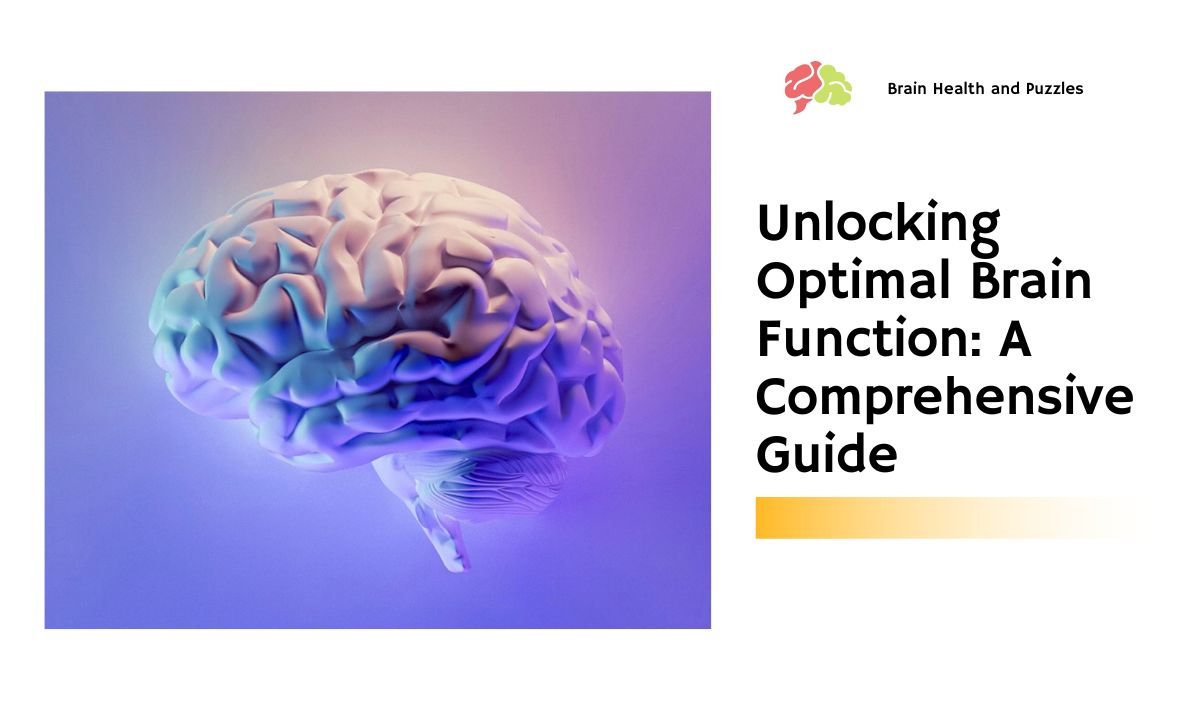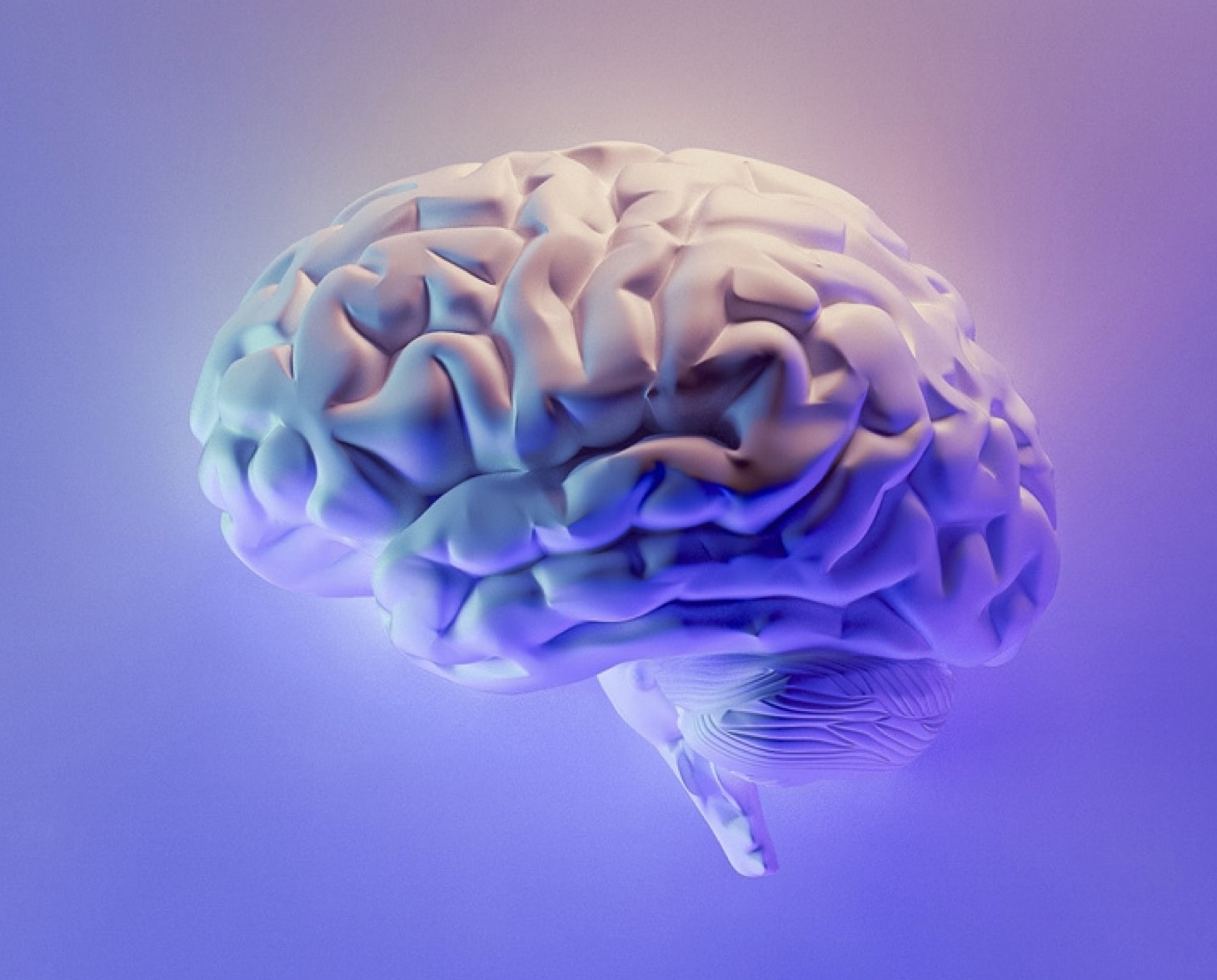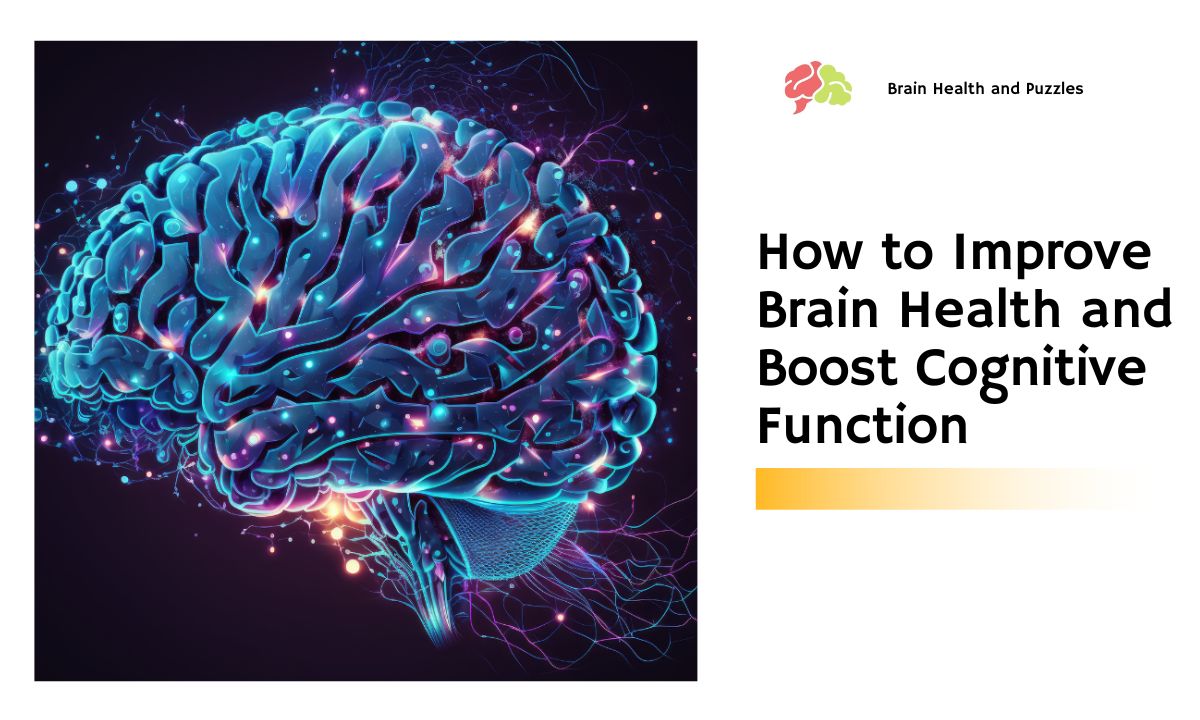Unlocking Optimal Brain Function: A Comprehensive Guide

In the fast-paced world we live in, achieving optimal brain function is not just a luxury; it’s a necessity. Whether you’re a student aiming for academic excellence, a professional navigating a demanding career, or someone simply seeking to enhance cognitive abilities, the quest for an optimized mind is universal. In this guide, we delve deep into the science and strategies behind achieving and maintaining optimal brain function.
Understanding the Dynamics of Brain Function
The Brain: A Marvel of Complexity
The human brain is a marvel of complexity, comprising billions of neurons intricately interconnected. It controls everything from basic bodily functions to high-level cognitive processes. To achieve optimal brain function, it’s crucial to understand the interplay of various factors influencing its performance.
Neurotransmitters: The Messengers of the Mind
Neurotransmitters play a pivotal role in brain function. These chemical messengers facilitate communication between neurons, influencing mood, memory, and overall cognitive performance. Ensuring a balanced and optimal production of neurotransmitters is key to maintaining mental acuity.
Lifestyle Choices for Optimal Brain Health
The Impact of Nutrition
A well-balanced diet is fundamental to optimal brain function. Nutrient-rich foods provide the raw materials necessary for neurotransmitter synthesis and overall cognitive support. Incorporating omega-3 fatty acids, antioxidants, and essential vitamins into your diet can significantly contribute to brain health.
Hydration: The Overlooked Element
Often underestimated, proper hydration is essential for optimal brain function. Dehydration can impair cognitive abilities, affecting concentration and memory. Make sure to consume an adequate amount of water throughout the day to keep your brain functioning at its best.
Quality Sleep: A Brain’s Rejuvenation
Quality sleep is a cornerstone of optimal brain function. During sleep, the brain consolidates memories, eliminates toxins, and rejuvenates neurotransmitter levels. Establishing a consistent sleep routine and creating a conducive sleep environment are crucial steps in promoting cognitive well-being.
Cognitive Exercises and Mental Stimulation
Exercise: Not Just for the Body
Physical exercise has far-reaching benefits for the brain. Engaging in regular aerobic exercise promotes the release of neurotransmitters, enhances blood flow to the brain, and stimulates the growth of new neurons. It’s a holistic approach to supporting optimal cognitive function.
Mental Stimulation: A Workout for the Mind
Just as the body benefits from physical exercise, the mind thrives on mental stimulation. Activities such as puzzles, reading, and learning new skills keep the brain active and agile. Continuous mental challenges contribute to the formation of new neural connections, fostering optimal brain function.
Stress Management for Cognitive Well-being
The Impact of Chronic Stress
Chronic stress can be detrimental to brain function. Prolonged exposure to stress hormones can lead to cognitive decline, memory problems, and impaired decision-making. Implementing effective stress management techniques is crucial for preserving optimal brain health.
Mindfulness and Meditation
Practices like mindfulness and meditation have proven benefits for reducing stress and promoting optimal brain function. These techniques enhance the brain’s ability to focus, improve emotional regulation, and foster a sense of overall well-being.
Conclusion: A Holistic Approach to Brain Optimization
In the pursuit of optimal brain function, adopting a holistic approach is paramount. Balancing lifestyle choices, engaging in cognitive exercises, and managing stress collectively contribute to a brain that operates at its peak. Remember, achieving optimal brain function is not a one-time effort but an ongoing commitment to nurturing the mind for sustained cognitive excellence.



